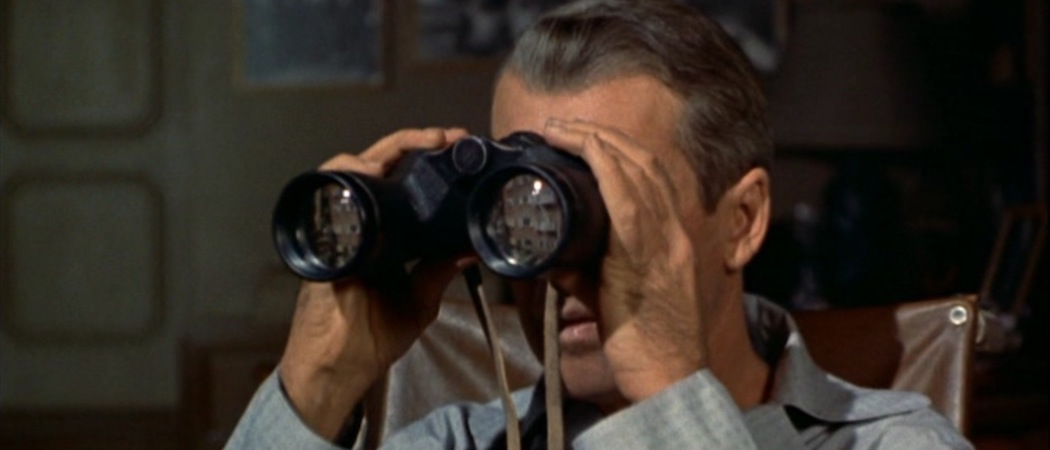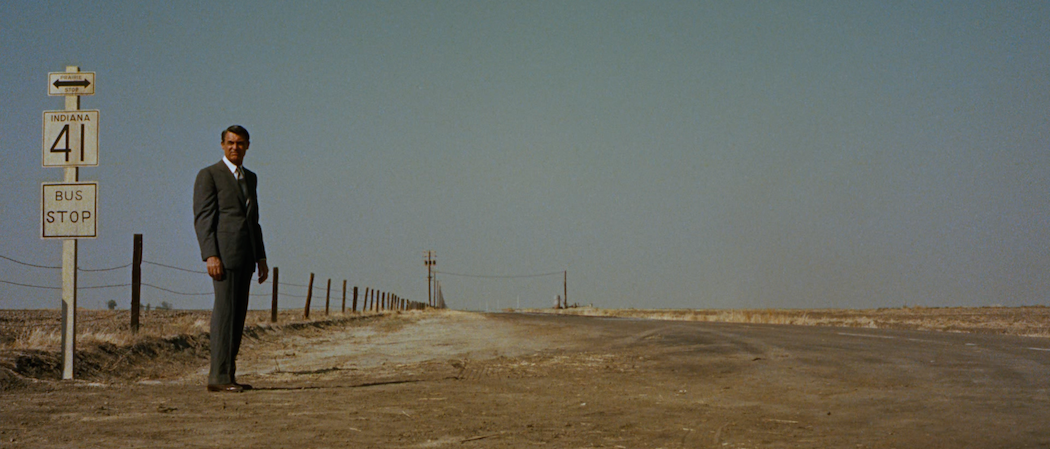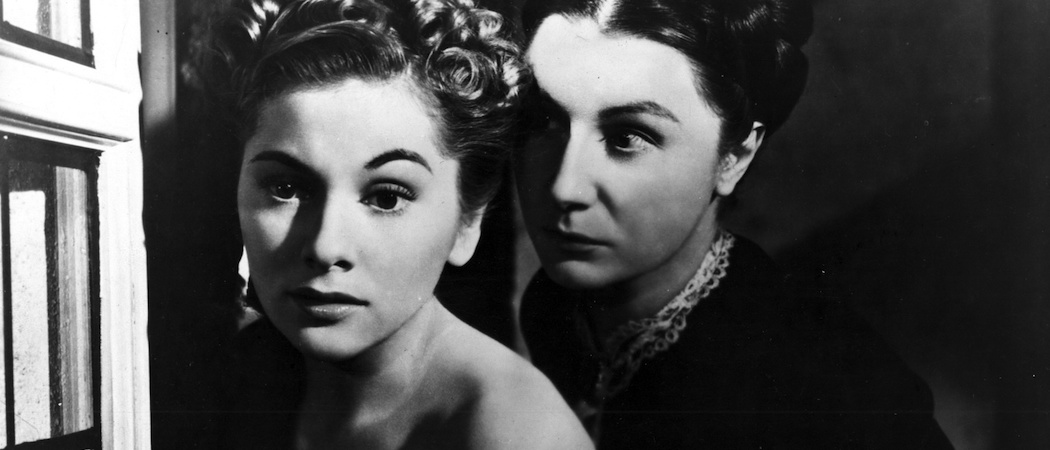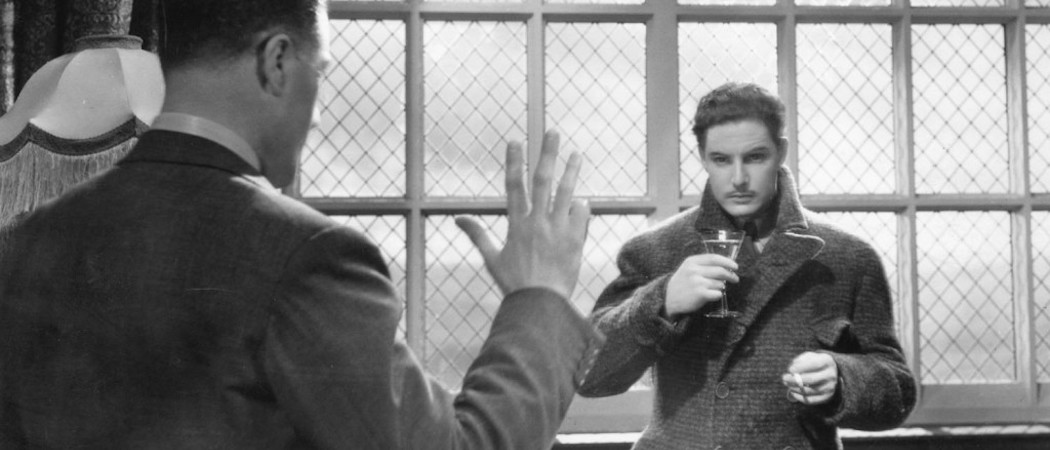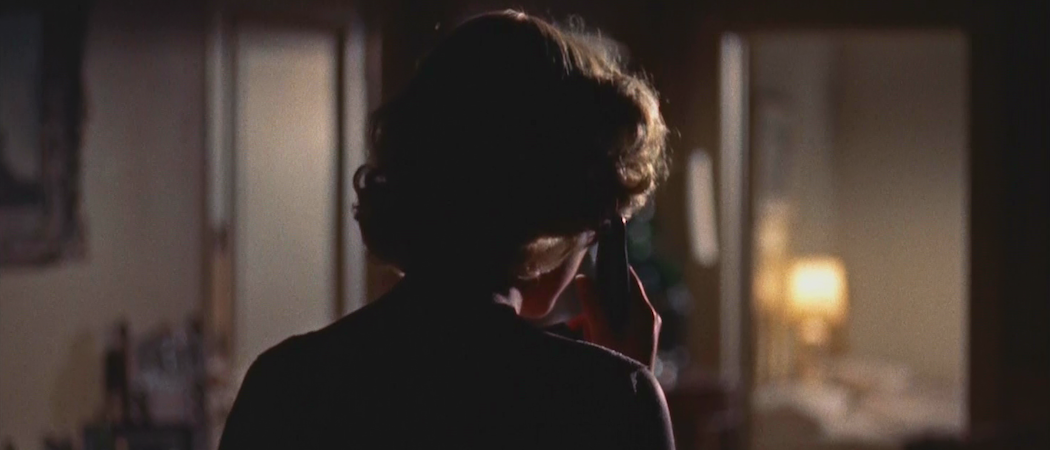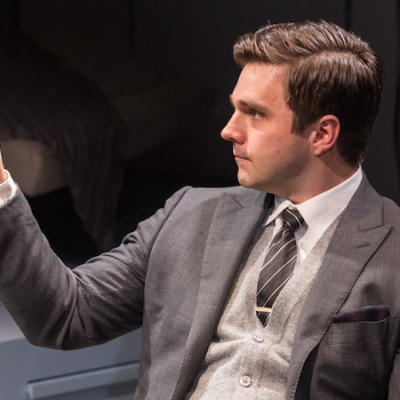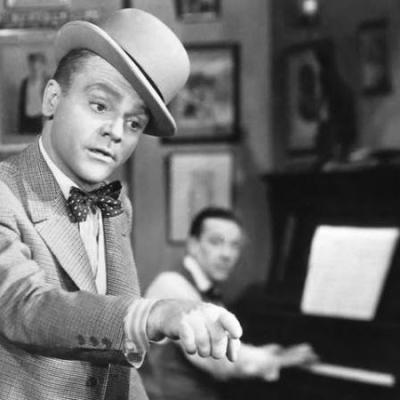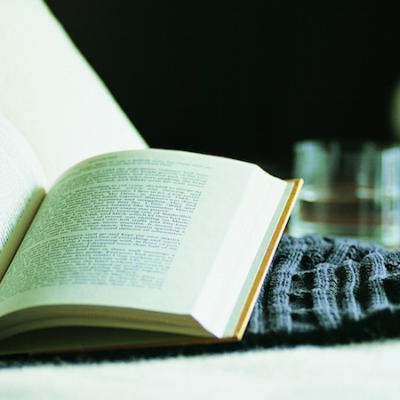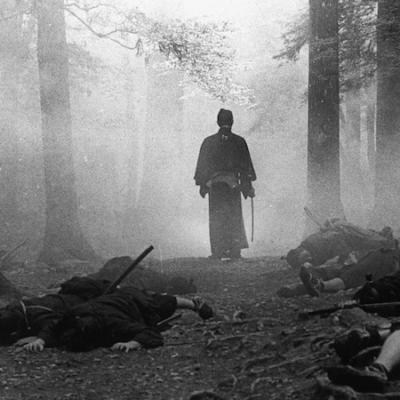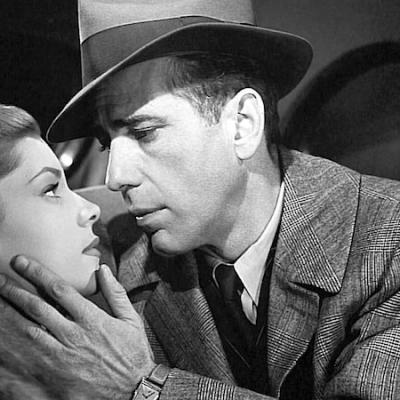Alfred Hitchcock is widely considered one of the best directors of the 20th century with a career that spanned two countries and six decades. He set the standard for psychological thrillers and became synonymous with his “MacGuffin” decoys and icy blonde leading ladies. As we approach his birthday on August 13th, let’s countdown the five films which I believe are his best – although limiting it to five is a challenge and bound to cause some debate.
Rear Window (1954)
With the limited setting of a wheelchair-bound photographer’s New York apartment and the courtyard it overlooks, it would be easy to assume this film would be hard to gain momentum but when L.B. Jeffries believes one of his neighbours has committed murder and gradually convinces others of his crazy idea, the tension is heightened and more than one life is put on the line. The film stars James Stewart as the nosy photographer and Grace Kelly as his beautiful and glamorous girlfriend, plus a range of eclectic neighbours in this unique murder mystery. This is my all-time favourite film, not just my top Hitchcock flick, as the Master of Suspense keeps everyone guessing right till the very end.
North by Northwest (1959)
In this ultimate case of mistaken identity, an advertising executive is wrongly believed to be a government agent by a group of foreign spies after an innocent move in a restaurant. With his life suddenly in peril, Roger Thornhill is determined to clear his name and get to the bottom of a situation even his own mother doesn’t believe. Travelling across a number of unusual locations, he tries to track down the real government agent all the while evading the authorities and even finding time for some romance. Cary Grant is wonderfully suave and charming and injects the right amount of humour into the impossible story that plays on post-war foreign espionage fears. This is a good laugh as well as a compelling drama.
Rebecca (1940)
A naïve young woman is swept off her feet and marries a wealthy widower before moving to his gigantic estate where she must contend with the overpowering presence of his dead first wife and the influence she had on the household. The unnamed bride must face up to the shadows of her husband’s past and find a way to deal with the manipulative housekeeper, Mrs Danvers, if she is to survive her time at Manderley and maintain her sanity. Rebecca marked Hitchcock’s first film in America although he stuck to casting English leads Joan Fontaine and Laurence Olivier. It’s intriguing to watch as the story of the two Mrs de Winters are intertwined and unravel, culminating in a brilliant ending.
The 39 Steps (1935)
One of Hitchcock’s spy dramas, The 39 Steps sees a man attempt to help a woman in distress only for her to end up murdered in his apartment. Fearing he will be blamed for the crime, Richard Hannay goes on the run to save himself and stop a spy ring that is trying to steal top secret information. While the secret information isn’t Hitchcock’s typical MacGuffin, it is the pretext for Hannay’s journey from London to Scotland during which he encounters the independent Pamela who isn’t inclined to offer Hannay much assistance. While this 1935 film lacks the slick production values or budget of Hitchcock’s later films, it possesses the same good guys and bad guys, political intrigue and the hunt for the truth. Check it out to see where the master really started to find his feet.
Dial M for Murder (1954)
Hitchcock worked with Grace Kelly three times but it all started with Dial M for Murder. A love triangle is set at the centre of this thriller but not in a traditional sense. Grace Kelly plays wealthy socialite Margot who is married to a former professional tennis player, Tony. While all seems normal, truthfully Tony knows Margot had an affair with her writer friend Mark and plans to have her murdered. Theft, blackmail and deception ensue as Tony instigates his elaborate plan, but when things go wrong and the murderer himself is killed, Tony must devise an even more elaborate Plan B which sees Margot convicted of murder and sentenced to death. Smart with a number of twists and turns, this is a Hitchcock film where morals aren’t clear cut. Will the truth prevail or is this a case of where the cool blonde doesn’t win?
Other notable films among Hitchcock’s prolific career are of course Psycho (1960) but also Shadow Of A Doubt (1943), Notorious (1946), The Lodger (1927), Strangers On A Train (1951), Vertigo (1958) and To Catch A Thief (1955). Check any of them out and see what you rate as his best.
